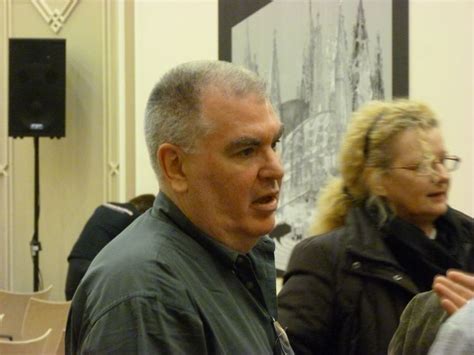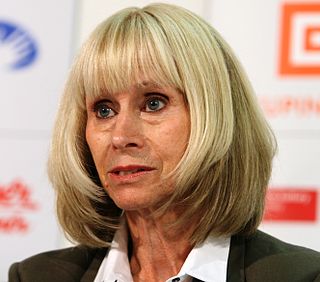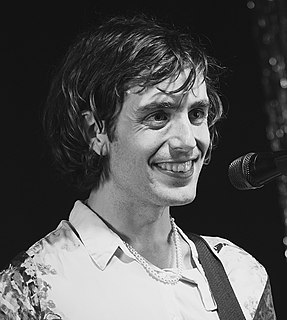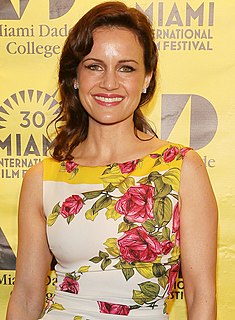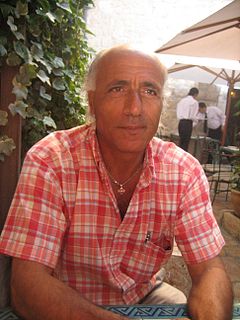A Quote by Michael A. Walsh
Opera stars know that biology is destiny. Sometime in their 50s or early 60s, the powerful, flexible and ultimately mysterious instrument that has been the source of their artistry frays, cracks and disappears.
Related Quotes
I was seduced by the nouvelle vague, because it was really reinventing everything. And the Italian cinema that one would see in the theaters in the late '50s, early '60s was Italian comedy, Italian style, which, to me, was like the end of neo-realism. I think cinema all over the world was influenced by it, which was Italy finding its freedom at the end of fascism, the end of the Nazi invasion. It was a kind of incredible energy. Then, late '50s, early '60s, the neo-realism lost its great energy and became comedy.
